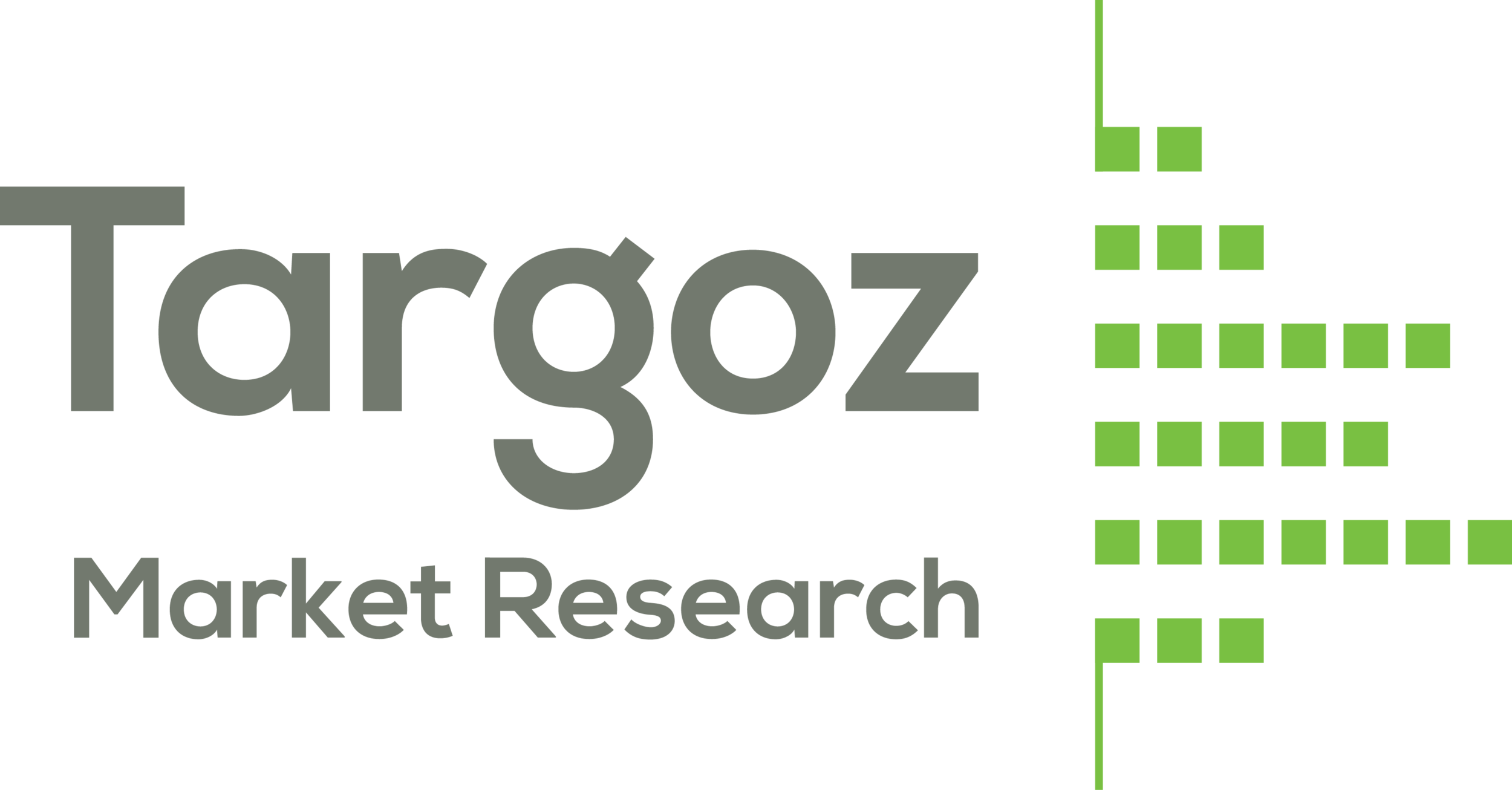A Confidence Deficit
A lack of confidence in the economy and institutions is a recurring theme throughout most recessions. This one is no different. However, the depth and scope of the drop during this recession may be greater and deeper than most of the previous downturns. Check out these recent survey findings:
- 57.6% of Americans say they don’t have a voice anymore and too much is being dictated out of Washington, according to the April American PulseTM (N=4023). On the other hand, a quarter of participants (27.2%) say their voice is being heard, while 15.1% aren’t sure.
- Gallup’s daily tracking surveys from April 6-19, show that one of the casualties of the ongoing financial crisis is the amount of confidence Americans have in U.S. banks. With only 5% expressing "a great deal" of confidence and 13% "quite a lot" of confidence, Americans' confidence in banking has now fallen to its lowest level since Gallup began asking about the subject in April 1979.
- According to The Conference Board, Consumer Confidence was relatively unchanged in March, after reaching an all-time low in February (Index began in 1967).
- Workers who say they are very confident about having enough money for a comfortable retirement this year hit the lowest level in 2009 (13 percent) since the EBRI Retirement Confidence Survey started asking the question in 1993, continuing a two-year decline. Retirees also posted a new low in confidence about having a financially secure retirement, with only 20 percent now saying they are very confident (down from 41 percent in 2007).
- Earlier this week, Gallup released data showing that most Americans still view big government as a more serious threat to the nation than big business or big labor. Gallup has asked the question periodically since 1965 and government has always been seen as the biggest threat. In addition, Rasmussen Reports released data this week showing that 70% of U.S. voters believe that big business and big government generally work together against the interests of investors and consumers. Just 14% disagree with the assessment, and 17% are not sure.
Faith and confidence in businesses and institutions is low. Very low.
It has never been more important to make sure you brand is delivering on your promises and maintaining the confidence of your customers. There is just too much mistrust in the market right now.
Providing great service, being authentic, talking with and not to your customers and keeping your promise is absolutely vital.
Measuring and monitoring your customers attitudes about your products and services should be part of everyone’s retention and survival program.
The economy is beginning to improve and keeping a focus on these items will not only instill confidence in your customers, it will keep your brand alive during the recession and into the recovery.
